Leadership in uncertainty
From our blog / Article
Certainty is a luxury we rarely see anymore. Today’s leaders live in a reality where yesterday’s truths often are not true today. At the recent Women in Tech panel, I was inspired by a wise group of leaders—one of whom was our own Riikka Uimonen, PhD in risk management and Investment Director at Fusion Ecosystem. Riikka shared a panel together with Saji Kuhllar, Nordic Industry lead, Technology Strategy & Advisory at Accenture, Lilly Vasanthini, Vice President - Delivery Head Eastern Europe , NORDIC & Switzerland at Infosys and Helen Chambers, Head of Solutions Unit at Knowit and helped us understand better what kind of leadership is needed to find success in a reality where uncertainty is not going anywhere.
Author
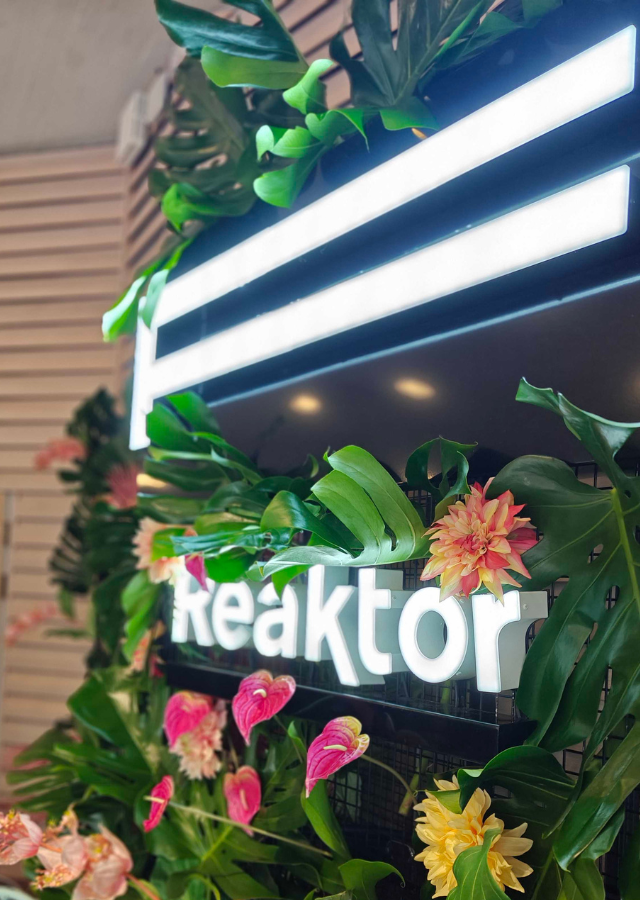
Adopting a scientific mindset and asking “what if” is essential
Riikka delivered a powerful message to the audience: if you’re waiting for certainty, you’ll miss opportunities. Instead of focusing on trying to eliminate or even tame uncertainty, Riikka emphasized that leaders need to build a capability to act within it.
“We don’t need skills to tackle uncertainty,” “We need skills to act in the middle of uncertainty.”
Scientific mindset can be a transformative key for businesses to adopt in their way of looking at future development. Leaders must be able to question assumptions, test ideas, and adapt. Leaders must stop looking for a serene spot where we can be sure about the outcome to be able to act. This is where the question “what if?” becomes essential—not just as a brainstorming exercise, but as a behavior embedded in the company culture. Those “crazy” ideas, as Riikka puts it, are often what will change the business and drive future growth. Leaders must nurture a space where unconventional thinking isn’t only allowed but actively encouraged.
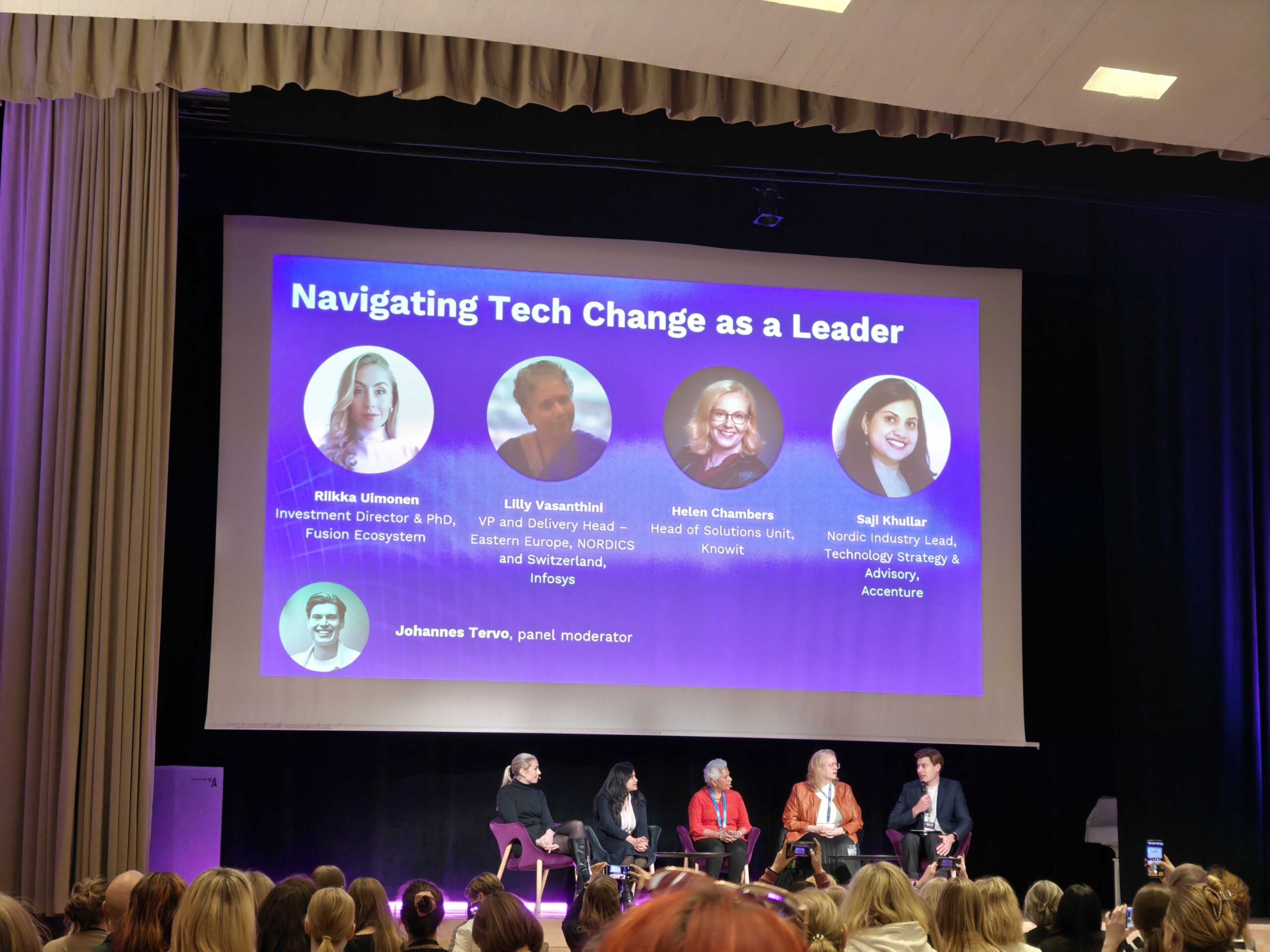
Psychological Safety is the foundation for growth
Creating a culture of psychological safety is essential for nurturing innovation and enabling risk-taking. This isn’t about encouraging reckless risks but enabling calculated ones, based on solid reasoning and insight. Uncertainty isn’t going anywhere, but the right culture can turn it into a powerful force for growth. I am certain that companies that find peace in decision making when the result is unclear and are able to move forward regardless not always knowing a 100% where they are going are the ones that eventually find their way to success.
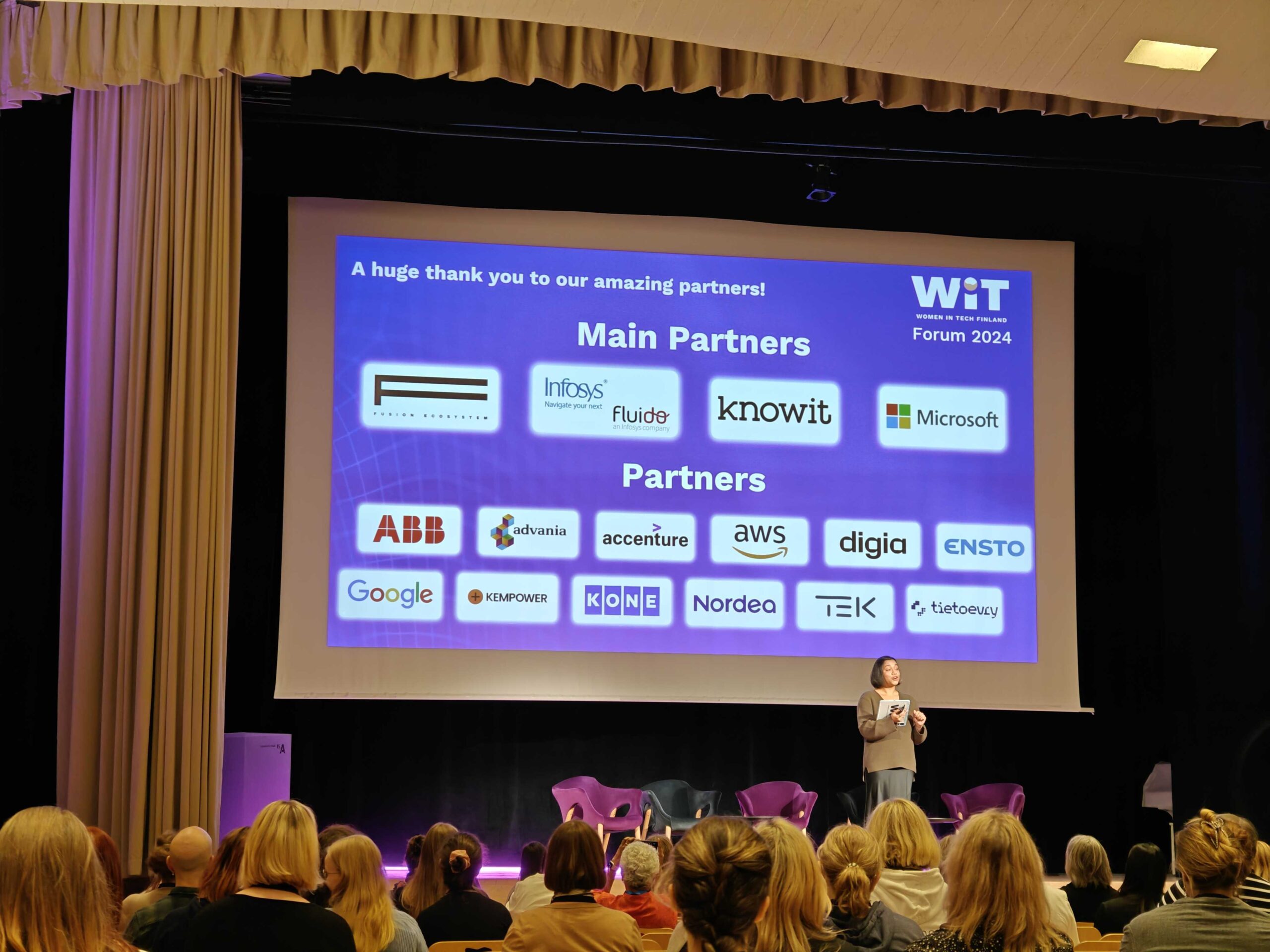
Recipe for successful decision making: Expertise, timing, and vision
Saji Kuhllar captured the essence of what successful risk-taking looks like today: it’s a balance of expertise, timing, and vision. To be able to build success you need three pillars: deep domain knowledge, the ability to make the right decisions at the right time, and the skill to see opportunities, not just risks. For leaders to guide their teams toward growth, they must be able to distinguish between risk and opportunity, and to inspire their teams to see those opportunities as well.

Soft skills are the new hard skills
Helen Chambers said it well: “Soft skills are the new hard skills.” Soft skills are no longer secondary. In fact, soft skills are the core competencies that leaders need. Adaptability, empathy, and strong communication skills are not “nice-to-haves”; they’re essential in building a thriving business environment.
In addition to these, Helen emphasized the need for leaders with either deep expertise in a specific domain or a broad, generalist perspective that allows them to connect the dots across different fields.
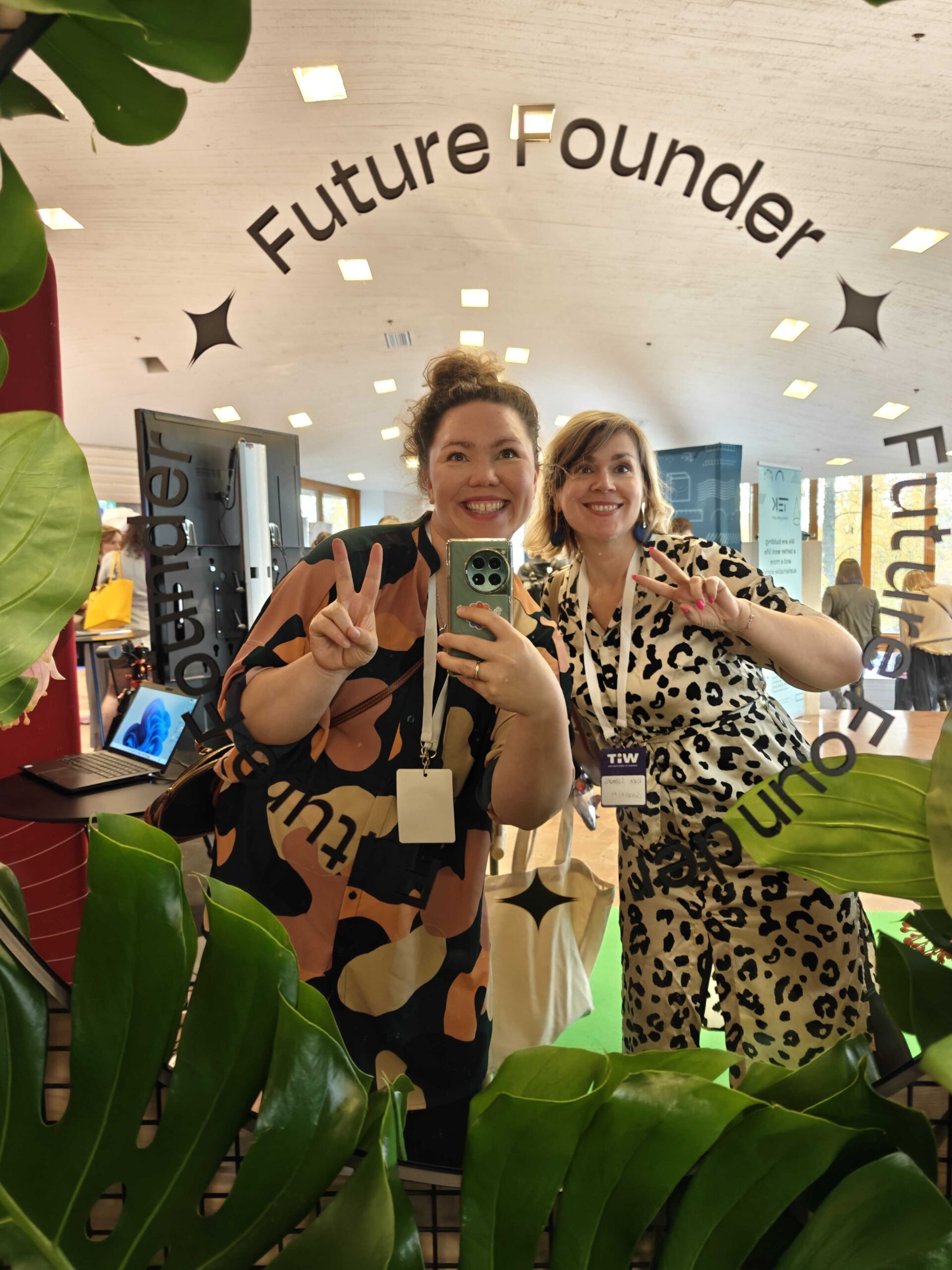
Key takeaways:
- Being human and embracing it through people centric leadership is more valuable than ever.
- Face the unknown with courage and curiosity: Approach uncertainty not by over-controlling, but by adapting with a scientific, open mindset.
- Build a culture that supports bouncing back and trying again.
- Stay humble and curious: Humility and curiosity are invaluable. Remember to ask “what if”.
- Highlighting the ethical element in decision making: leaders must approach their roles in decision making with humility and a deep commitment to be the ethical voice of decision making.
- Seeing opportunities at the right time is a skill much needed and to be practised.
As Riikka and the panel said on stage, uncertainty isn’t going anywhere—what matters is how we navigate through it. We need to value and create environments where innovation thrives and where our teams feel empowered to take the risks that drive real, sustainable growth.
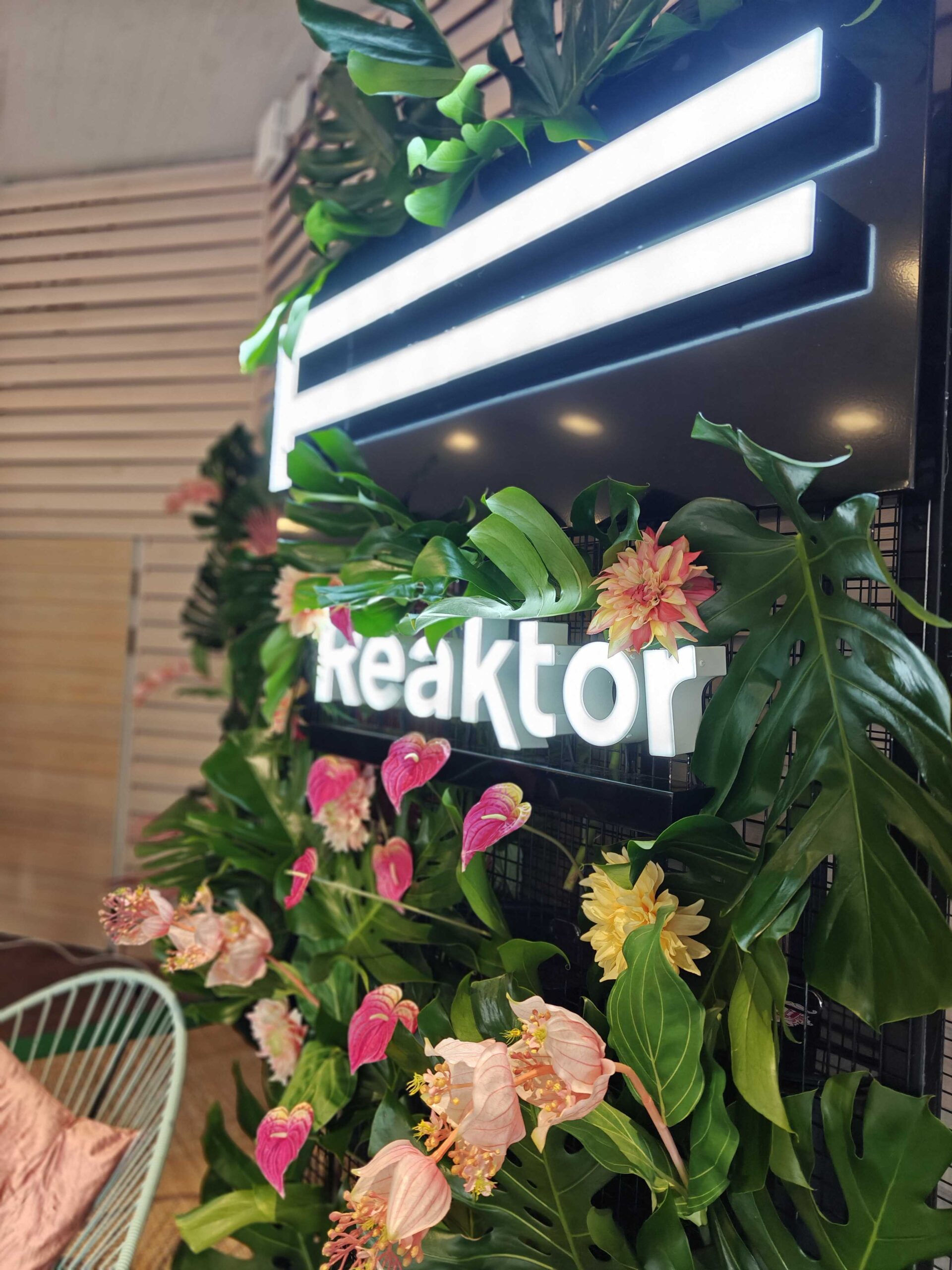
About the Author
Want to know more?
Connect with us.




